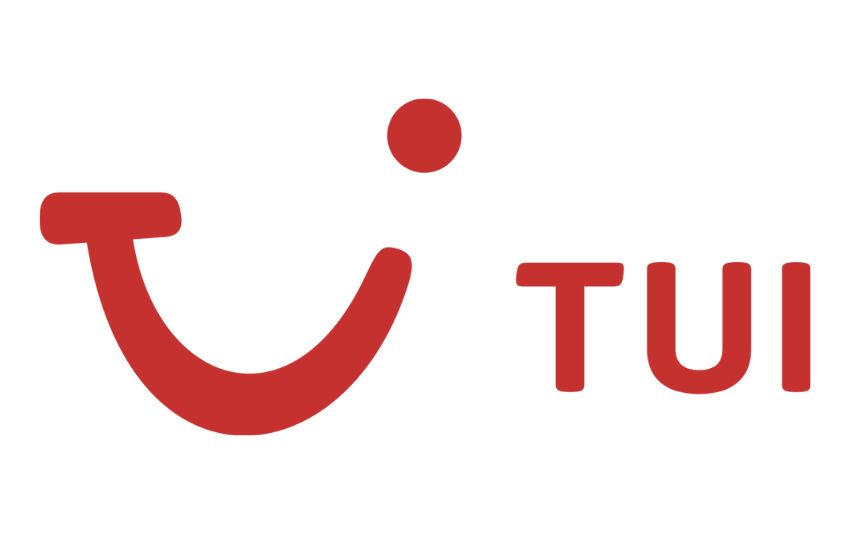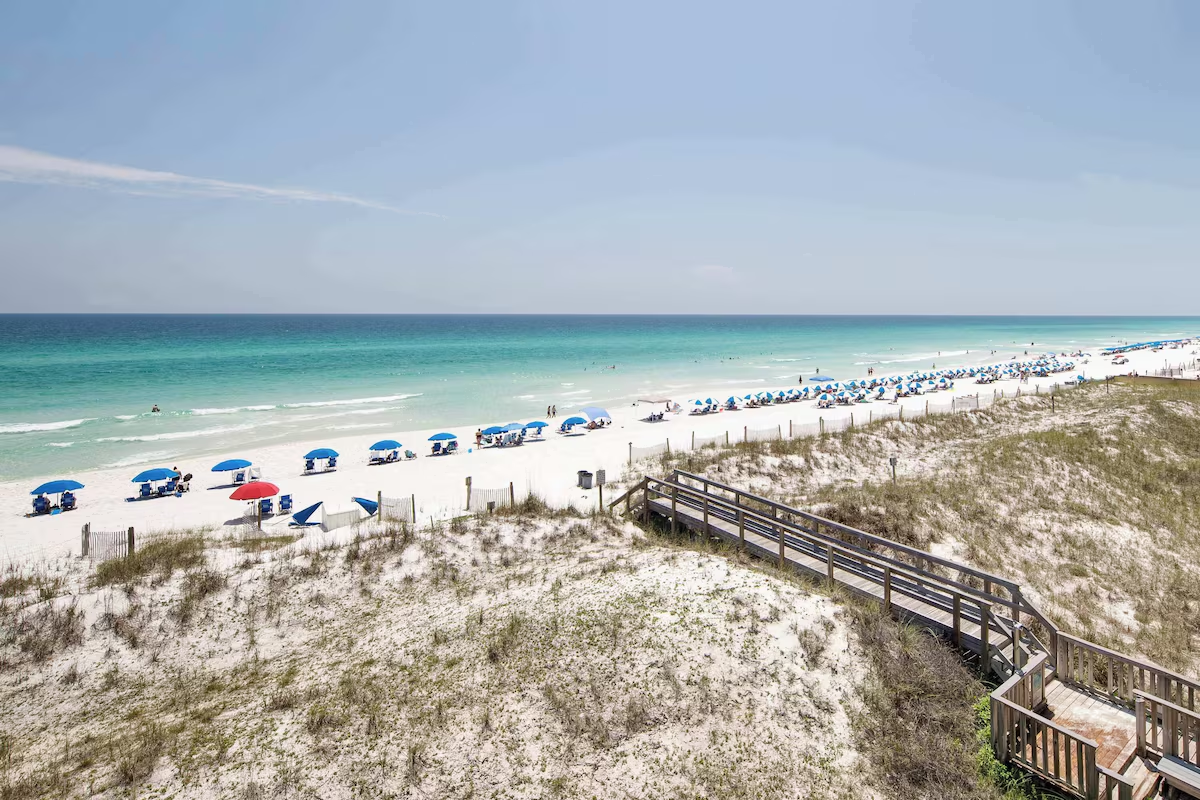
Introduction to TUI
TUI, formerly known as Thomson Holidays, is a multinational travel and tourism company based in Germany. It was founded in 1923 and has since grown to become one of the largest leisure, travel and tourism companies in the world. With a presence in over 100 countries worldwide, TUI serves millions of customers every year and offers a wide range of services including holiday packages, flights, hotels, cruises, and tours.
TUI prides itself on being a pioneer in sustainable tourism practices. The company understands its responsibility towards the environment, local communities and economies it operates in. This has led to TUI implementing various sustainable measures throughout its operations.
TUI commitment to sustainability can be seen through its Sustainable Development Strategy which focuses on four pillars: low carbon holidays; destination protection; engaging employees & society; and sustainable supply chain. These pillars guide TUI's approach towards promoting responsible tourism while mitigating any negative impact on the environment.
How TUI incorporates sustainability into their operations
TUI is committed to being a leader in sustainable tourism, and this commitment is reflected in every aspect of their operations. From the planning stages to the execution of trips, TUI takes sustainability into account at every step.
One way that TUI incorporates sustainability into their operations is through their selection of accommodations. They have implemented a rigorous certification process for all hotels and resorts included in their packages. These certifications ensure that the properties meet high standards for environmental responsibility, social impact, and cultural conservation. This means that when you book a trip with TUI, you can rest assured that your accommodations are not only comfortable and enjoyable but also environmentally friendly and socially responsible.
Another key factor in TUI's sustainability efforts is their transportation options. As one of the largest tour operators globally, TUI has a significant impact on carbon emissions from transportation. To reduce this impact, they have invested heavily in more eco-friendly modes of travel such as trains and electric buses. In addition to reducing their own carbon footprint, TUI also offers customers the option to purchase carbon offsets for their flights.
Examples of sustainable initiatives by TUI
TUI, one of the leading travel and tourism companies in the world, has been committed to promoting sustainable initiatives for several decades. With a global presence and a wide range of operations, TUI has taken significant steps towards creating a positive impact on the environment and local communities through its sustainable initiatives. In this section, we will discuss some of the key examples of TUI's sustainable initiatives that have helped pave the way for responsible and ethical tourism practices.
1. Sustainable Hotel Development:
TUI has made significant efforts in developing sustainable hotels by incorporating eco-friendly design elements and implementing energy-efficient practices. For instance, in 2019, TUI opened its first "green hotel" in Majorca, Spain, which runs entirely on renewable energy sources and utilizes water-saving techniques. Furthermore, TUI is committed to reducing carbon emissions from its hotels by 25% by 2020 through various energy-saving measures such as installing solar panels and energy-efficient lighting.
2. Conservation Projects:
TUI actively supports conservation projects around the world to protect endangered species and preserve natural habitats. In collaboration with World Wildlife Fund (WWF), TUI has initiated various programs aimed at protecting marine life in popular tourist destinations like Thailand and Mexico. Additionally, TUI also works closely with local communities to educate them about sustainable fishing practices and reduce their impact on fragile ecosystems.
Challenges faced by TUI in promoting sustainable tourism
TUI, as one of the largest travel and tourism companies in the world, has made significant strides in promoting sustainable tourism practices. However, this journey towards sustainability has not been without its challenges. In this section, we will discuss some of the key challenges faced by TUI in their efforts to promote sustainable tourism.
1. Balancing economic growth with environmental conservation:
One of the biggest challenges faced by TUI is finding a balance between economic growth and environmental conservation. As a company that operates in various destinations around the world, TUI needs to ensure that its operations do not have a negative impact on local ecosystems and communities. At the same time, it also needs to generate profits for its shareholders. This can be a delicate balancing act as often there are conflicting interests between these two goals.
2. Changing consumer behavior:
Another challenge faced by TUI is educating and influencing consumer behavior towards more sustainable travel options. While there is an increasing demand for sustainable travel experiences, many consumers still prioritize convenience and affordability over sustainability when making travel decisions. This makes it challenging for TUI to market and sell sustainable tourism products to a wider audience.
Conclusion
In conclusion, TUI has proven to be a pioneer in sustainable tourism on a global scale. Through their commitment to responsible practices and innovative solutions, they have set an example for the travel industry. By incorporating sustainability into their operations, TUI not only benefits the environment but also creates positive social and economic impacts in the communities they operate in. As travelers, we can support these efforts by choosing responsible companies like TUI and being mindful of our own impact on the places we visit. Let's work together towards a more sustainable future for travel and tourism.




